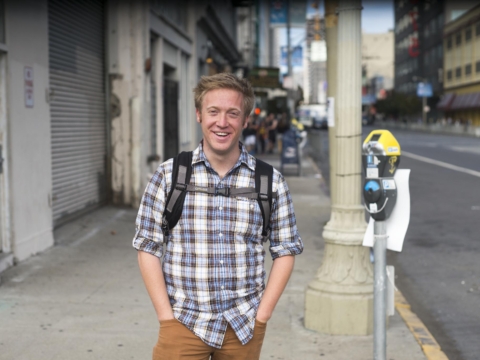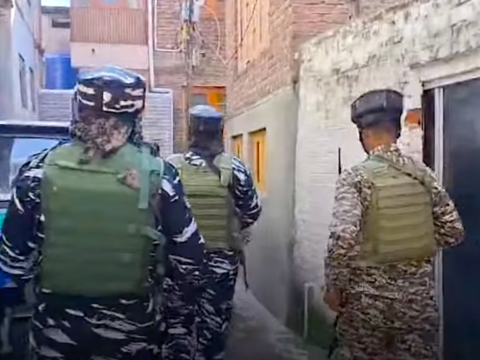TUSCALOOSA, Al. (Diya TV) — In a fiery fourth GOP presidential debate, candidates including Florida Gov. Ron DeSantis, former South Carolina Gov. Nikki Haley, entrepreneur Vivek Ramaswamy, and former New Jersey Gov. Chris Christie clashed in Alabama. Former President Donald Trump chose not to attend, but remains a central focus of conversation.
Haley has risen in the polls in recent weeks, so she faced major attacks in this debate, particularly from DeSantis and Ramaswamy. They criticized her stance on transgender issues, corporate connections, and donor support.
Despite Trump’s absence, the former president was a major topic of conversation. Christie urged candidates to address issues stemming from Trump’s term in the White House, while DeSantis and Ramaswamy faced accusations of avoiding direct confrontation with him.
Christie, while struggling in the polls, did find his voice in the fourth debate. He defended Haley against Ramaswamy’s attacks, questioned DeSantis’s readiness to answer tough questions, and took a stand on transgender rights.
Ramaswamy defended his position against providing additional aid to Ukraine, as many politicians have started to backtrack on continued funding of its war against Russia.. His interview on Fox News escalated into name-calling and a tense exchange on Russia’s actions.
The debate highlighted Republican contradictions on corporate ties. While candidates criticized Haley for her corporate connections, Ramaswamy advocated for less government regulation, emphasizing a capitalist contradiction within the party.
A clear split emerged on transgender rights. DeSantis attacked Haley for her past decisions, emphasizing his commitment to opposing transgender rights, while Christie defended parental rights and smaller government intervention.
Despite the absence of Trump and the unconventional debate setting, candidates failed to significantly alter the trajectory of the race. This strange primary where the leading candidate is under indictment and up significantly in the polls continued, leaving the question of whether these confrontations will actually impact the actual election.


